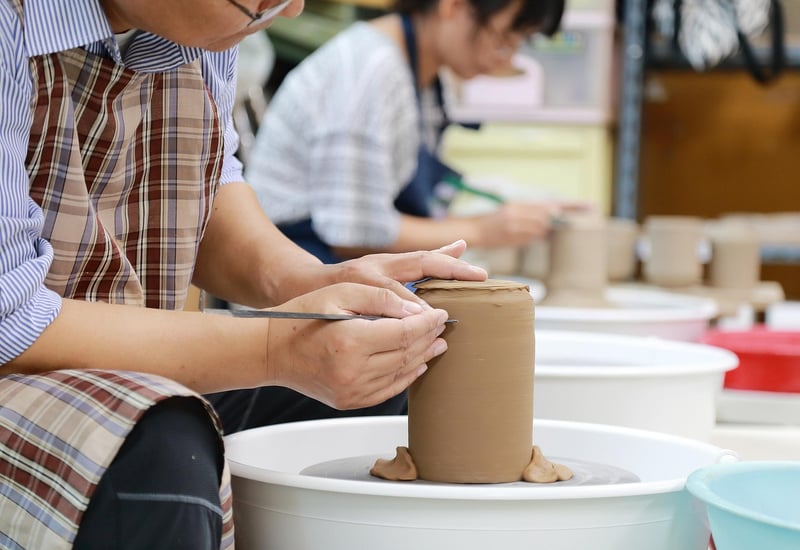Skill Assessment
Develop Expertise and Skill Assessment
Developing expertise in any field requires dedication, practice, and a commitment to continuous learning. Whether you are looking to enhance your current skills or acquire new ones, a structured approach to skill assessment and development can help you achieve your goals effectively.
Assess Your Current Skills
Before embarking on a journey to develop expertise, it is essential to assess your current skills. This self-reflection can help you identify areas where you excel and areas that need improvement. Consider your strengths, weaknesses, and the skills required to reach your desired level of expertise.
Set Clear Goals
Once you have assessed your skills, set clear and achievable goals for skill development. Define what expertise means to you and break down the steps required to reach that level. Setting specific, measurable, achievable, relevant, and time-bound (SMART) goals can provide a roadmap for your development journey.
Continuous Learning
Continuous learning is key to developing expertise. Stay updated with the latest trends, technologies, and best practices in your field. Consider enrolling in courses, attending workshops, reading books, and seeking mentorship opportunities to enhance your skills.
Practice Regularly
Practice is essential for skill development. Dedicate time each day to practice the skills you want to improve. Whether it's honing your coding abilities, refining your design skills, or mastering a new language, consistent practice can help solidify your expertise.
Seek Feedback
Feedback is a valuable tool for skill assessment and improvement. Seek feedback from mentors, peers, or experts in your field to gain insights into your strengths and areas for development. Constructive feedback can help you refine your skills and accelerate your progress.
Stay Motivated
Developing expertise is a journey that requires persistence and motivation. Celebrate small wins along the way, stay focused on your goals, and remind yourself of the reasons why you are committed to skill development. Surround yourself with a supportive community that encourages your growth.
Conclusion
Developing expertise is a rewarding process that requires dedication, continuous learning, and a growth mindset. By assessing your current skills, setting clear goals, engaging in continuous learning, regular practice, seeking feedback, and staying motivated, you can enhance your expertise and achieve your professional aspirations.

Remember, expertise is not achieved overnight, but with consistent effort and a passion for learning, you can unlock your full potential and become a master in your chosen field.
